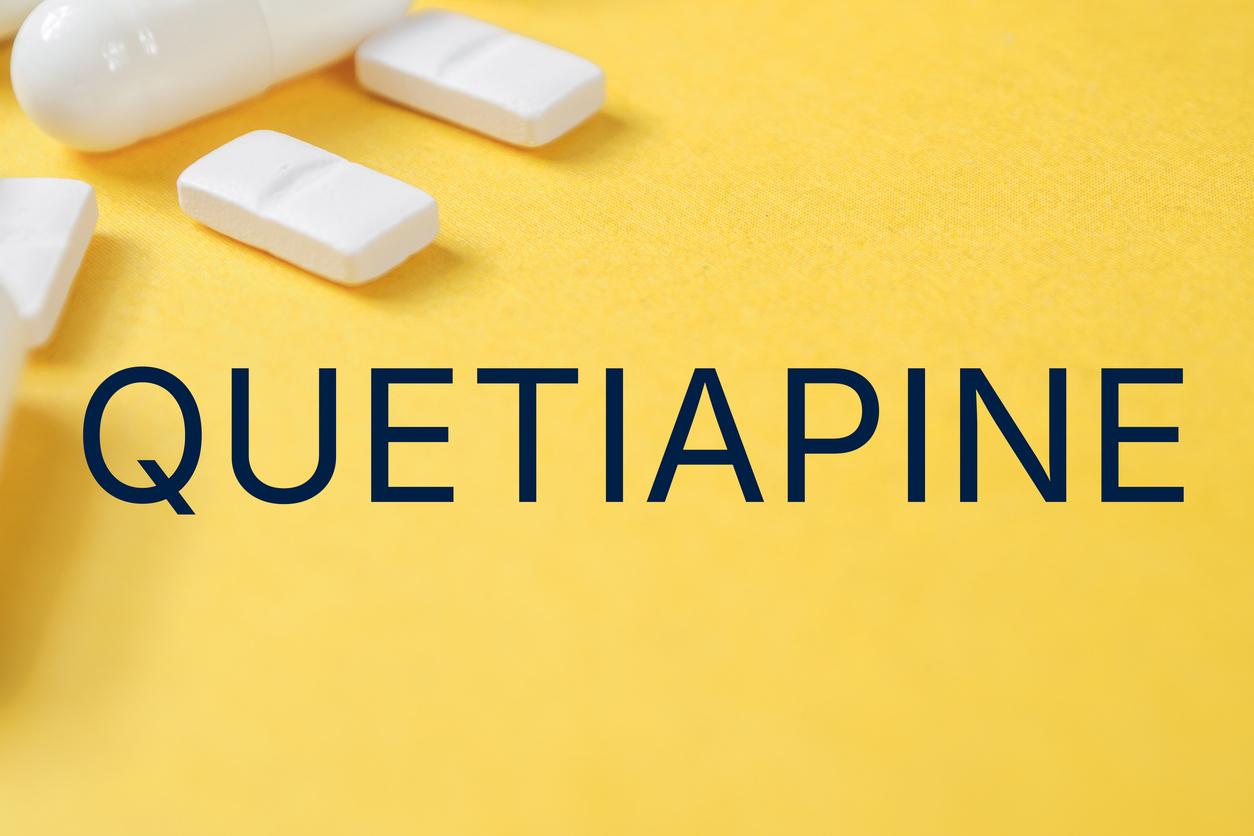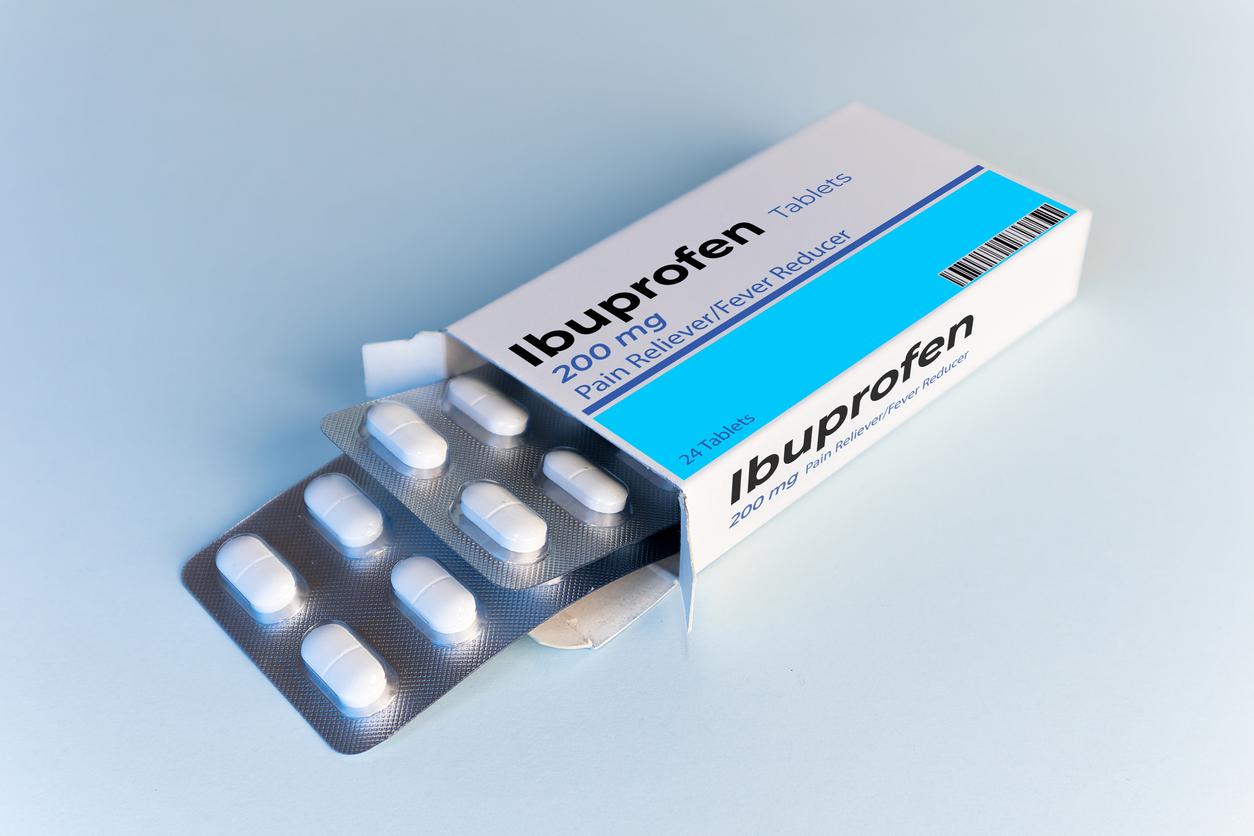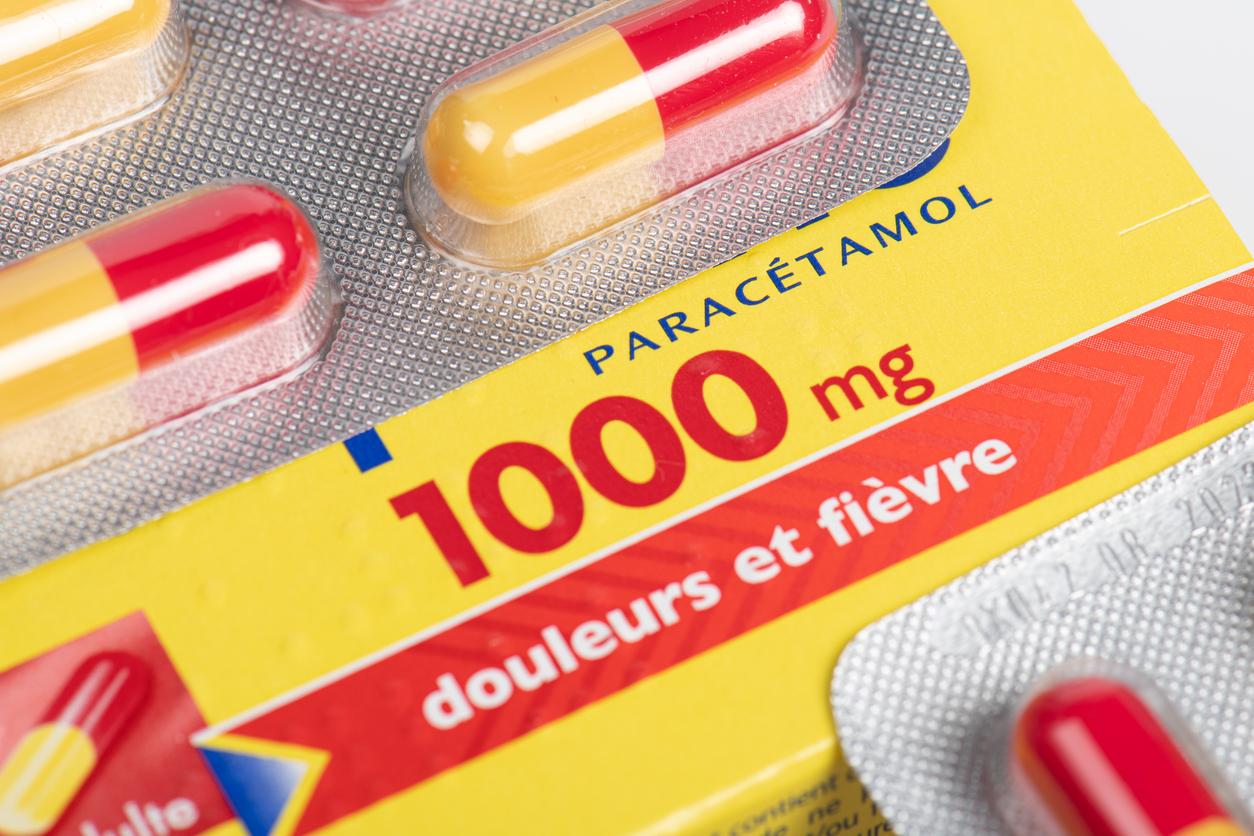Eight vasoconstrictors containing pseudoephedrine will no longer be available over the counter, starting Wednesday, December 11, 2024. This decision is linked to the risk of serious side effects associated with these cold medications, such as stroke or heart attack. of the myocardium.

- Eight cold medications will be sold by prescription: Actifed Cold, Actifed Cold day and night, Dolirhume Paracetamol and Pseudoephedrine, Dolirhumepro Paracetamol Pseudoephedrine and Doxylamine, Humex Cold, Nurofen Cold, Rhinadvil Cold, Ibuprofen/Pseudoephedrine and Rhinadvilcaps Cold Ibuprofen/Pseudoephedrine.
- They can cause serious side effects, including stroke or myocardial infarction.
- The ANSM recommends against using them.
Common medications now sold by prescription. In a press releasepublished this December 10, the National Medicines Safety Agency announces that eight oral vasoconstrictors containing pseudoephedrine used to relieve cold symptoms will be withdrawn from over-the-counter sales from December 11. “This measure is a continuation of the actions we have undertaken for several years to limit the exposure of patients to the rare but serious risks associated with these medications (notably myocardial infarction and stroke).”warns the agency.
What cold medications will be sold by prescription?
The medicines affected are as follows: Actifed Cold, Actifed Cold day and night, Dolirhume Paracetamol and Pseudoephedrine, Dolirhumepro Paracetamol Pseudoephedrine and Doxylamine, Humex Cold, Nurofen Cold, Rhinadvil Cold, Ibuprofen/Pseudoephedrine, Rhinadvilcaps Cold Ibuprofen/Pseudoephedrine. “Considering on the one hand the very numerous contraindications, precautions for use and the known adverse effects of pseudoephedrine, and on the other hand the benign nature of the common cold, we consider that the possibility of obtaining these medications without medical advice poses too great a risk to patients.estimates the ASNM.
What are the side effects associated with vasoconstrictors?
All are oral vasoconstrictors based on pseudoephedrine which help clear the congestion in the nose. Various side effects have been observed after the use of these treatments including myocardial infarction, stroke, posterior reversible encephalopathy syndromes (PRES) and reversible cerebral vasoconstriction syndromes (RCVS). “The risk is very low but these events can occur regardless of the dose and duration of treatment.”specifies the organization. He also notes that cases of misuse have already been observed: “As these medications are available without a prescription, the maximum recommended treatment duration and contraindications are not always respected.“.

Vasoconstrictors: how to replace them to treat colds?
In October 2023the ANSM alerted the general public to the risks associated with these drugs, thanks to a communication campaign based in particular on the ban on advertising for these drugs and the provision of practical documents for patients. “It led to a temporary drop in sales without a major impact on patient exposure, she observes. Indeed, we have seen a further increase in laboratory sales since September 2024.” For this reason, the ANSM took the decision to “classify pseudoephedrine on list I of poisonous substances”which makes a prescription mandatory for medications containing it.
To relieve cold symptoms, the ANSM recommends using simple actions: using nasal wash solutions, drinking enough water, sleeping with your head elevated and ventilating the rooms. She points out that colds heal spontaneously and without medication in seven to ten days.

















